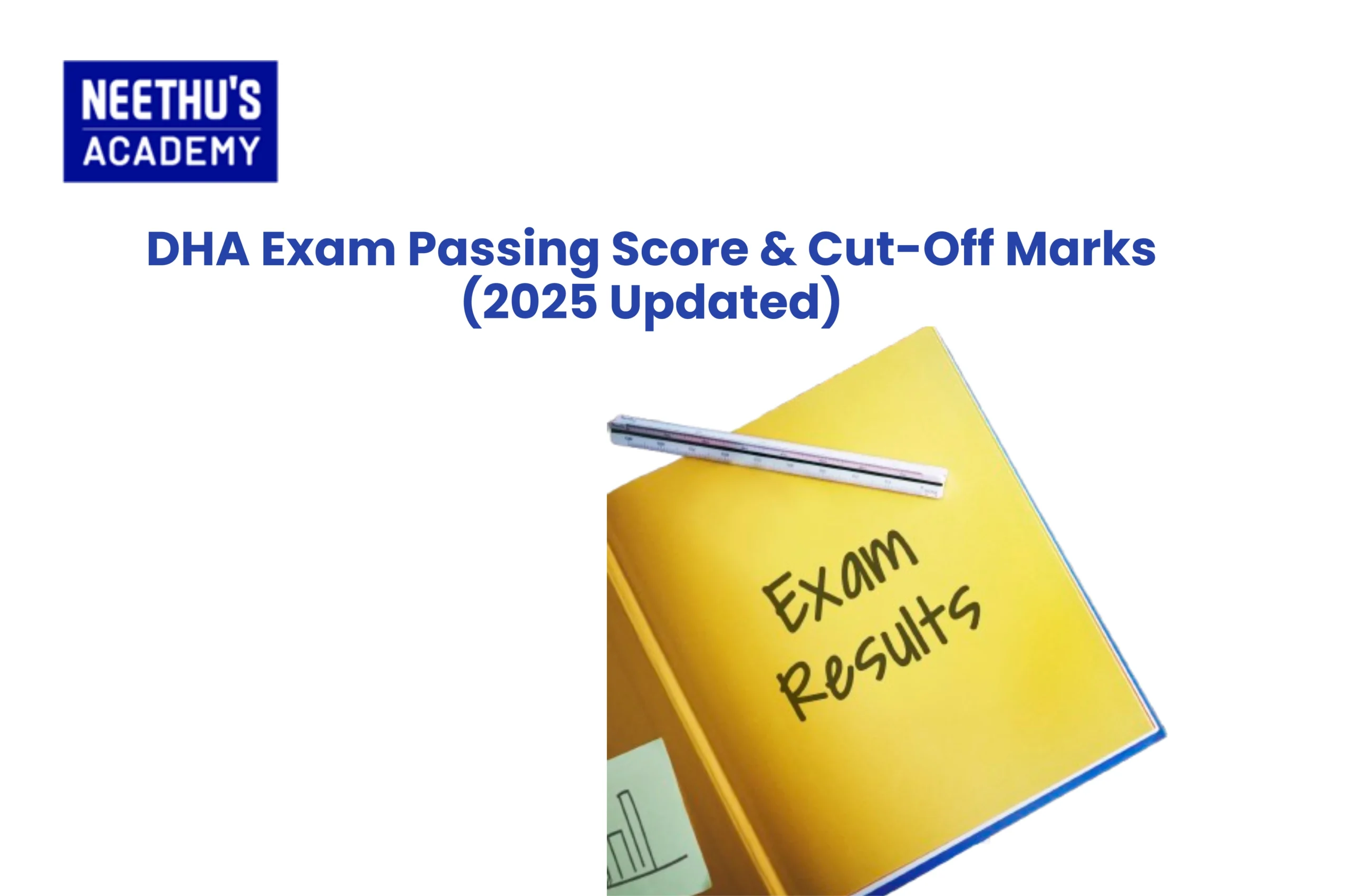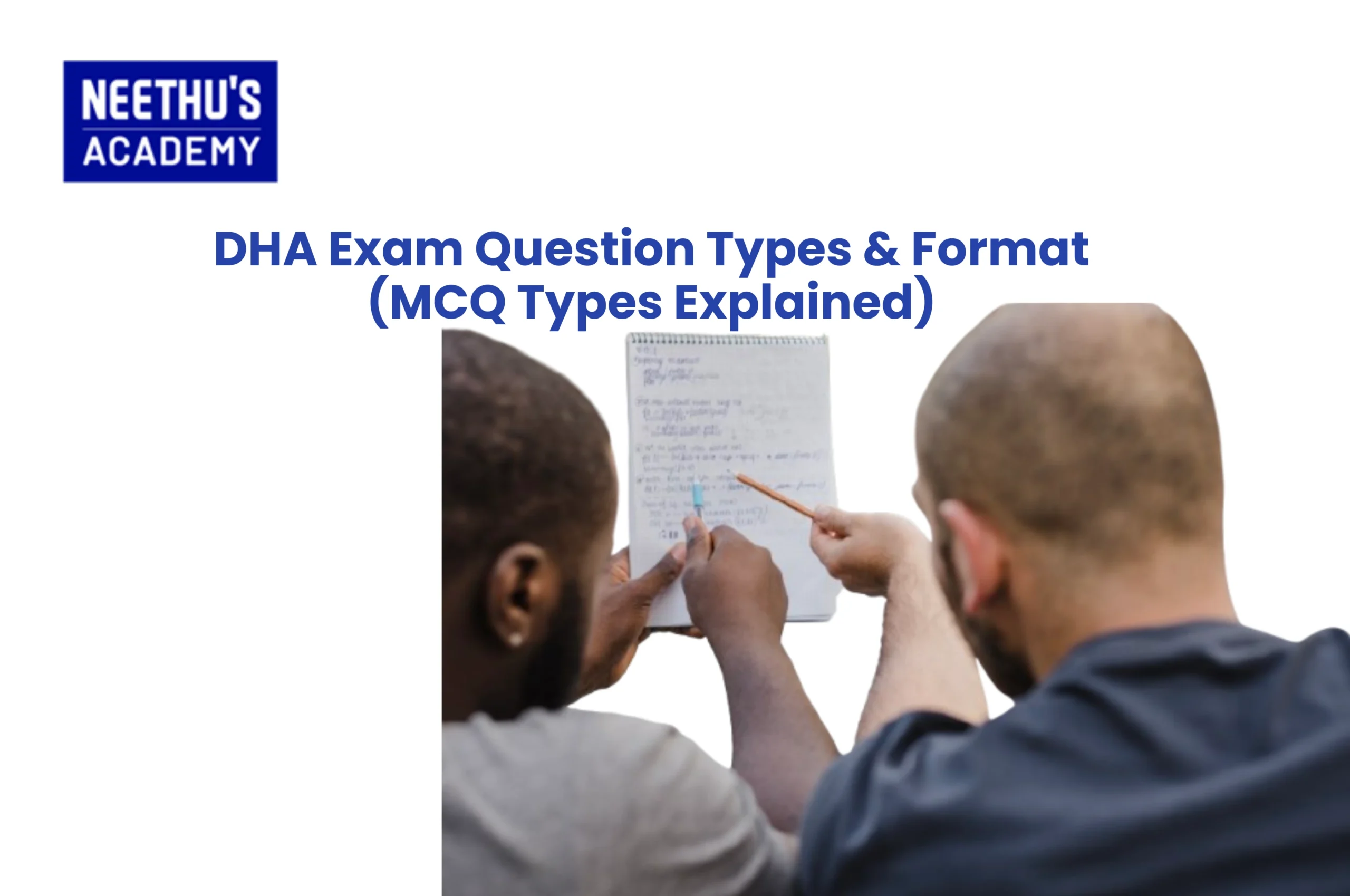Imagine you are running out of time and still have questions to complete! That would be the worst-case scenario while taking a…

What to Expect in French Exam Pattern & Syllabus
French is such an attractive language, isn’t it? Well, learning French has a lot more advantages than you would think. It holds the key to prestigious university admissions, better employment opportunities, and higher chances of migration. There are several exams you can take to prove your French language proficiency. Whether you aim to take the French exam for migration purposes, academic requirements, or simply for learning the language, having a valid certificate can be quite handy. In this blog, we’ll be discussing each of these exams in detail, the structure of the exam, and some tips that can get you a high score in any of these exams. So let’s dive in!
Understanding the French Exam
A couple of normalized tests exist to prove the candidate’s proficiency in the French language, whether their intention is immigration, higher education, or professional purposes. These tests grade a candidate based on their French application in listening, reading, writing, and speaking contexts. Two of the most well-known French tests include:
DELF/DALF: This stands for the Diplôme d’Études en Langue Française and the Diplôme Approfondi de Langue Française, respectively; these are international French language certifications. Whereas DELF covers the levels A1 to B2, DALF covers advanced levels C1 and C2 of the Common European Framework of Reference for Languages.
TCF Canada: TCF-Canada or Test de Connaissance du Français is accepted for immigration to Canada. This mostly serves applicants for permanent residency or citizenship in a French-speaking region. The test is an important one during the immigration process because meeting the minimum qualifications in the French language usually guarantees points in most cases within the Canadian immigration system.
Other French tests include Test d’Évaluation de Français (TEF), Français, Intégration, Démocratie, et Emploi (FIDE), Chambre de Commerce et d’Industrie de Paris (CCIP), among others, which have been design targets for some needs like Business French or Integration.
French Exam Levels
Just like most language exams, the French language exams also consists of several levels for different proficiencies. It is designed in accordance with the Common European Framework of Reference for Languages (CEFR). Most of these exams consist of six levels from A1 to C2. Take a look at the detailed breakdown of these levels:
A1 (Beginner):- This level shows that the person can manage to communicate his needs and requirements using simple French terms.
A2 (Elementary)-: At this level, the person understands the main vocabulary and can pronounce a few words and phrases that are used in everyday life, such as shopping or spending time with the family.
B1 (Intermediate):- A person having B1 proficiency can understand the main ideas of both audio and written texts and also maintain more difficult conversations.
B2 (Upper Intermediate): At this level, he or she has the ability to debate, discuss, and communicate in a more subtle way in various social and professional situations.
C1 (Advanced): The student can produce complex dialogues or arguments and can manage demanding texts.
C2 (Proficient): The student will have acquired quasi-native French; this means that this student will understand French easily and will be able to communicate with ease.
Naturally, every level requires different preparation; an advanced student works on most abstract and specialized use of language, whereas a beginner focuses on basic grammar and vocabulary.
French Exam Breakdown
Most French Exams have four key components including:
Listening: It includes understanding French that is spoken in a variety of contexts, for example, conversations, announcements, and discussions.
Reading: Learn to understand written texts in French be it regular emails, articles, or any type of literature.
Writing: This includes producing coherent written responses to any stimuli, from less formal emails to formal essays.
Speaking: This subtest means to engage in spoken interaction or to provide oral responses in interviews.
These four skills are assessed on all levels of French tests, be it a simple A1 for beginners or a proficient C2 level.
French Exam Syllabus
A1 to A2 Levels
French learning on A1 and A2 syllabus levels has its foundation in some basic but important grammatical constructions, teaching proper active vocabulary, and easily understandable sentence structure as criteria for immediate, everyday communication. Learners at this stage are expected to understand and use familiar expressions and basic phrases commonly occurring in most daily interactions. They will be able to conduct simple conversations on everyday issues: introducing themselves, talking about their family, asking their way, or describing what they do every day. Apart from that, beginning learners will read and understand brief, simple texts on advertisements, menus, personal notes, which will help lay a firm foundation for further language development.
B1 to B2 Levels
The French curriculum at the intermediate levels introduces complex grammatical concepts like the subjunctive and conditional tenses. These are crucial in describing hypothetical situations, feelings, and ideas, for example. This is also the level where students master the construction of more detailed sentence structures; hence, speaking and writing skills are improved. Besides daily colloquial conversations, the students at this level discuss more abstract subjects: culture, current affairs, and social problems. Emphasis on perfecting reading and listening comprehension for longer and more complex texts with a view to preparing the student for an increasingly complex interaction in French is placed at this level.
C1 to C2 Levels
The advanced French syllabus is meant to lead to mastery of complex language skills. At this stage, a student should be able to understand and produce complicated texts that comprise abstract thoughts, intricate reasoning, and subtle ideas. They would be very much current in sophisticated discussions and debates on a wide variety of subjects. This requires an account of one’s opinions with precision and fluency. Advanced learners are also required to produce long essays and reports on specialized topics, proving that they can present complex information in a coherent and articulate way. This level emphasizes being able to use French with the same depth and accuracy as a native speaker both in writing and speaking.
Tips for Effective Preparation
Familiarize yourself with the Syllabus: Understand the requirements at your level of exam, be it the French exam for Canada or any other. Concentrate on the four key areas: listening, speaking, reading, and writing.
Set a Realistic Study Schedule: Draw out a daily or weekly study routine. Spend more time studying sections where you are least confident.
Immerse yourself in the French language: Practice the language through various medias such as the news, films, or podcasts to enhance your listening. You can read newspapers and books in French to improve your comprehension.
Practice Speaking: If possible join a group for speaking practice or one-on-one practice with a tutor to improve speaking fluency and to build confidence in talking French.
Regular tests: Practice French tests or mock examinations to simulate the conditions of a test. This will get you used to the nature of your target examination in terms of format and time.
Study Materials for the French Exam
For successful passing of this French language exam, the use of reliable means of studying is required. The list includes the following:
Textbooks: At the initial stage of learning, it is possible to use textbooks “Alter Ego+” or “Grammaire Progressive du Français”, at later stages- “Le Nouveau Taxi” and “CLE International” giving detailed language training.
Online Resources: Websites and web pages, including but not limited to TV5MONDE and RFI Savoirs, offer fun and varied listening and reading at all levels. Applications like Duolingo and Babbel will also be very helpful in your learning.
Tutoring and Classes: Most institutes, like Alliance Française, offer in-person and online classes specifically aimed at exam preparation for DELF, DALF, and even TCF Canada.
Conclusion
Whatever your reasons may be, whether taking the French test for academic credits, certification, or immigration, one needs to know what to study, the different levels, and the type of French examination one would be taking. Similarly, from the initial to the most complex levels, proper study materials with a plan of action and practice exams are an important part of the French syllabus. Pay more attention to the speaking and listening sections, especially in the French exam, as these are quite necessary for immigration service in preparing for the TCF Canada test.
You can prepare for the test, of the French language quite easily and score the desired grade by keeping to a study schedule, taking mock tests, and going over past question papers.
Related Blogs
- All Posts
- OET
In case you are immigrating to Canada or looking for higher studies in the French-speaking parts of the nation, then the TCF…
Feeling a bit overwhelmed about the OSCE? You're not alone! The Objective Structured Clinical Examination is a big step in your medical…
Course Enquiry
Latest Posts
- All Posts
- canada
- CBT
- DELF
- DHA
- French
- GENERAL
- German
- Haad
- IELTS
- IQN NEW ZEALAND
- MOH
- NCLEX-RN
- NHRA
- OET
- OSCE
- Pearson Vue
- PROMETRIC
- PTE
- TOEFL
- Back
- NCLEX - NGN
- Back
- OET FOR PHYSIOTHERAPIST
- OET FOR PHARMACIST
- OET FOR DOCTORS



Frequently Asked Questions
The French test predominantly involves four major sections through which separate skills are tested, including speaking, writing, listening, and reading.
You will score for each section of the test, plus an average score of these tests that makes your final result.
It typically contains grammar, vocabulary, reading comprehension, and conversational skills.
All that one needs to do is to prepare effectively by practicing every section of the examination, doing some vocabulary building, and reading and conversing in French.
